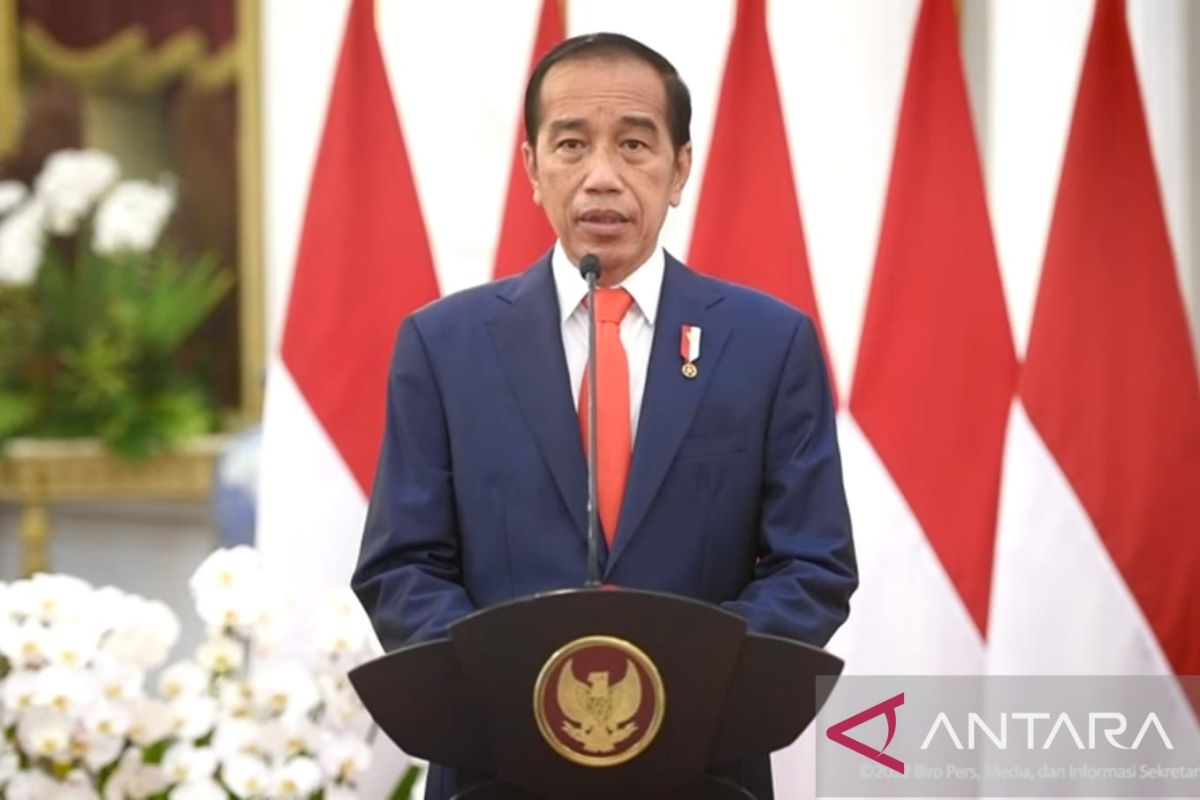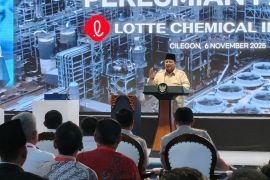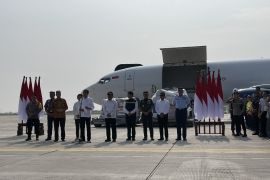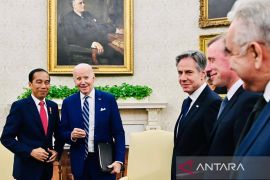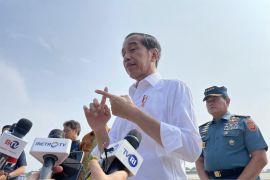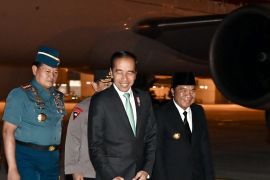The president noted that global challenges in the form of the COVID-19 pandemic, climate change, and war had hindered the achievement of SDGs in the Asia-Pacific region. The SDGs are estimated to be achieved as early as 2065.
"Funding for the acceleration of SDGs must be strengthened. ADB estimates the need for US$1.5 trillion every year to ensure that the SDGs are achieved in the Asia Pacific," the president noted in his remarks at the opening of the 78th UNESCAP Commission Session that was witnessed virtually on Monday.
President Jokowi explained that the annual funding requirement reached around US$1.5 trillion to ensure that the SDGs program in the Asia-Pacific region is achieved by 2030.
However, the global availability of funding is only US$1.4 trillion.
Hence, the head of state requested an increase in investment from the private sector, considering that investment value to the Asia-Pacific region is still small.
UNESCAP is deemed necessary to encourage the strengthening of intra-regional investment, support the ease of doing business, and conduct promotion and business matching among member countries to address the funding gap.
"Although Asia Pacific is the largest area for foreign investment, 'inbound' and 'outbound', the value of investment to this region is still small," according to President Jokowi.
Related news: Need for SDG funding up due to pandemic: ministry
Apart from strengthening investment, the president also emphasized the need for innovative funding, both through UNESCAP's collaboration with the Asian Development Bank as well as from other funding institutions.
Indonesia has proposed various forms of innovative funding -- SDG Indonesia One, green sukuk, and the carbon economy -- to accelerate the achievement of SDGs.
Related news: Indonesia to augment its role gobally through G20 summit: Minister
Translator: Katriana
Editor: Rahmad Nasution
Copyright © ANTARA 2022
